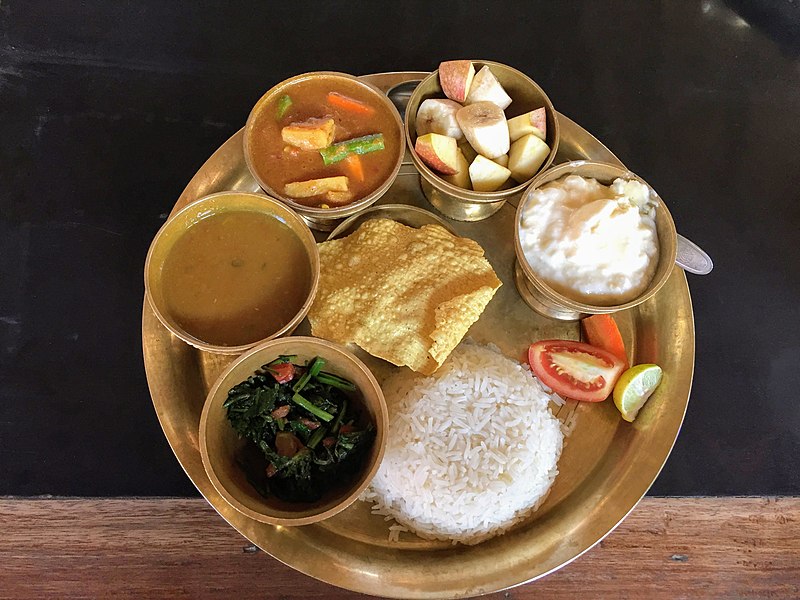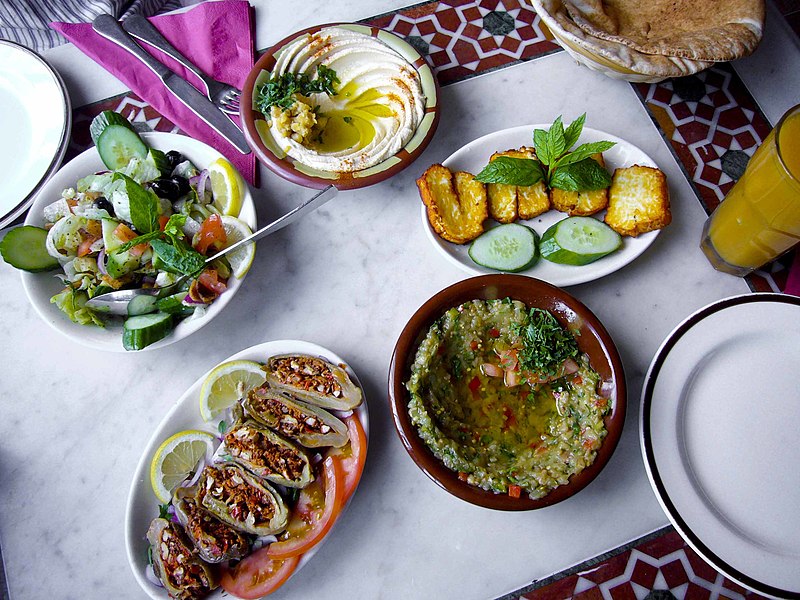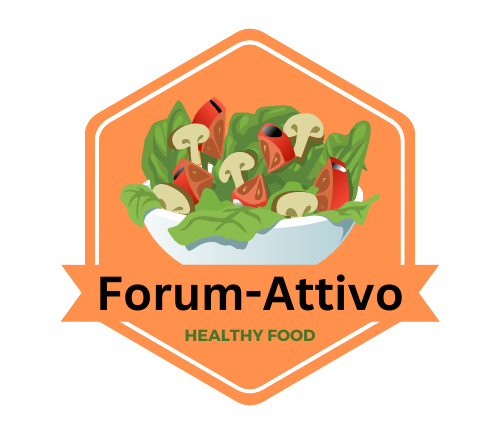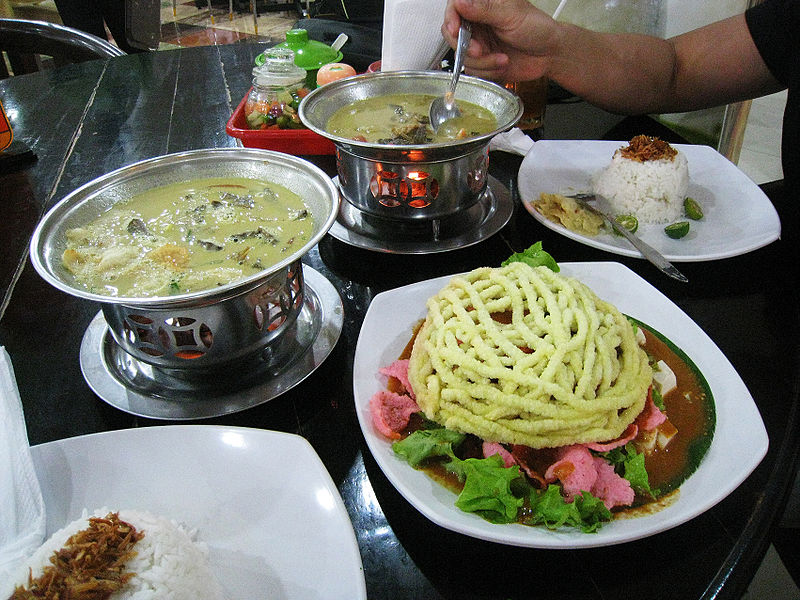Uncover the definition of cuisine in all its flavors, traditions, and cultural significance. From taste to history, explore the essence of culinary artistry.
Delve into the world of cuisine with our comprehensive article. Explore flavors, cultural significance, and more. From traditional to fusion, discover how cuisine connects us.
Introduction
Cuisine, in its essence, is more than just a collection of dishes; it is an intricate blend of flavors, techniques, and cultural influences that define a region’s culinary identity. It is the artful combination of ingredients, the mastery of cooking methods, and the storytelling that accompanies each bite. In this article, we will uncover the multifaceted definition of cuisine and delve into the elements that make it a cornerstone of human culture.
Whether you’re a seasoned foodie or simply appreciate a good meal, cuisine holds a special place in our lives. It’s not just about eating to satisfy hunger; it’s an experience that engages our senses and brings people together. In this article, we’ll dive deep into the world of cuisine, exploring its diverse flavors, cultural significance, and the joy it brings to our lives.

1. Understanding Cuisine: More Than Just Food
Cuisine goes beyond the mere act of eating. It’s an expression of culture, history, and creativity. Each region of the world has its own distinct culinary traditions that have evolved over centuries, influenced by geography, climate, and available ingredients.
2. Flavors That Mesmerize: A Symphony for the Taste Buds
The heart of any cuisine is its flavors. From the spicy and aromatic dishes of Indian cuisine to the delicate and refined flavors of French cuisine, the world is a treasure trove of taste experiences. Exploring these flavors allows us to embark on a journey around the globe without leaving our dining table.
3. The Role of Ingredients: From Farm to Plate
The quality and variety of ingredients used play a pivotal role in defining the uniqueness of a cuisine. Locally sourced ingredients often hold cultural and environmental significance, adding depth to the dishes they create.
4. Traditional vs. Modern: The Evolution of Cuisine
Cuisine is a living art that evolves over time. Traditional recipes passed down through generations are often transformed by modern techniques and global influences. This fusion of old and new keeps the culinary world vibrant and exciting.
5. The Cultural Tapestry: Cuisine as a Reflection of Society
Cuisine is intertwined with culture and tradition. It reflects societal norms, rituals, and values. Exploring different cuisines can provide insights into the history and way of life of various cultures.
6. From Home Cooks to Celebrity Chefs: Heroes of the Kitchen
Behind every sumptuous dish is a skilled cook or chef. While celebrity chefs shine on the global stage, home cooks preserve family recipes and contribute to the rich tapestry of culinary heritage.
7. Fusion Cuisine: Where Creativity Knows No Bounds
Fusion cuisine blends elements from different culinary traditions, resulting in innovative and unexpected flavor combinations. It challenges our taste perceptions and expands the boundaries of culinary artistry.
8. The Joy of Sharing: Cuisine as a Social Experience
Food has a unique ability to bring people together. Whether it’s a family dinner, a street food festival, or a grand feast, the act of sharing a meal fosters connections and creates cherished memories.
9. The Rise of Food Tourism: Traveling for Taste
Food tourism has gained immense popularity in recent years. Exploring a destination through its cuisine offers a deeper understanding of its culture and a chance to savor authentic flavors.
10. The Art on Your Plate: Presentation and Aesthetics
Cuisine is not just about taste; it’s also about visual appeal. Chefs take pride in presenting their creations as works of art, using color, arrangement, and garnishes to elevate the dining experience.
11. Health and Cuisine: Finding the Balance
As we become more health-conscious, the relationship between cuisine and well-being comes into focus. Many cuisines emphasize the use of fresh ingredients, herbs, and spices that offer not only taste but also potential health benefits.
12. The Global Culinary Melting Pot: Uniting Cultures
In a world that’s becoming increasingly interconnected, cuisines are blending like never before. Cultural exchange through food is fostering understanding and celebrating diversity.
13. Cooking as Therapy: The Mindful Chef
Cooking can be a therapeutic activity, allowing individuals to unwind and express themselves creatively. It’s a way to engage with the present moment and savor the process.
14. Sustainability in Cuisine: Nurturing the Planet
Sustainable practices are making their way into the culinary world. Chefs and restaurants are embracing eco-friendly ingredients and reducing food waste to contribute to a healthier planet.
15. Conclusion: Savoring Every Bite of Life
In conclusion, cuisine is a remarkable art form that connects people, cultures, and histories. It’s a journey of flavors that excites our taste buds, broadens our horizons, and nourishes our souls. So, the next time you sit down to enjoy a meal, remember that you’re partaking in a centuries-old tradition that speaks volumes about the richness of human experience.
Cuisine is a tapestry woven from history, culture, and creativity. It engages our senses, sparks conversation, and transcends borders. From the humblest street food to the most elaborate feasts, cuisine nourishes not only our bodies but also our spirits.

FAQs About Cuisine
1. What exactly is cuisine?
Cuisine refers to a specific style or method of cooking, often associated with a particular region or culture.
2. How does cuisine reflect cultural diversity?
Cuisine is shaped by cultural traditions, ingredients, and cooking techniques, making it a reflection of the people who create it.
3. Can I learn to cook if I’m not a chef?
Absolutely! Cooking is a skill that can be developed by anyone with the interest to learn and experiment in the kitchen.
4. Why is fusion cuisine so popular?
Fusion cuisine offers a unique and adventurous dining experience, combining elements from different culinary traditions.
5. How does sustainable cooking make a difference?
Sustainable cooking supports the environment by using locally sourced, eco-friendly ingredients and minimizing food waste.



